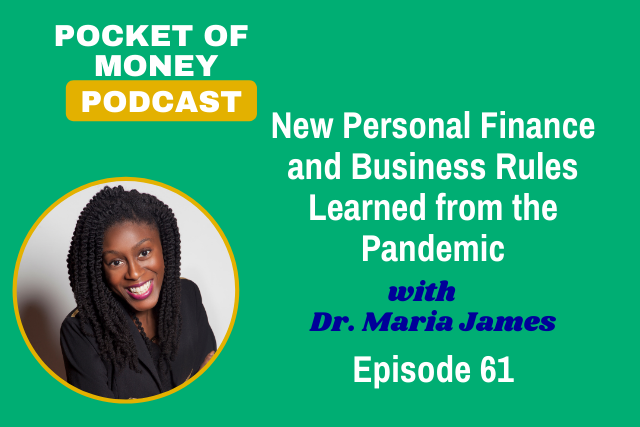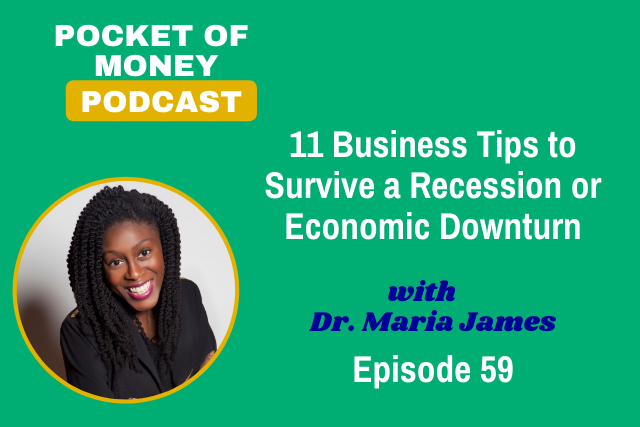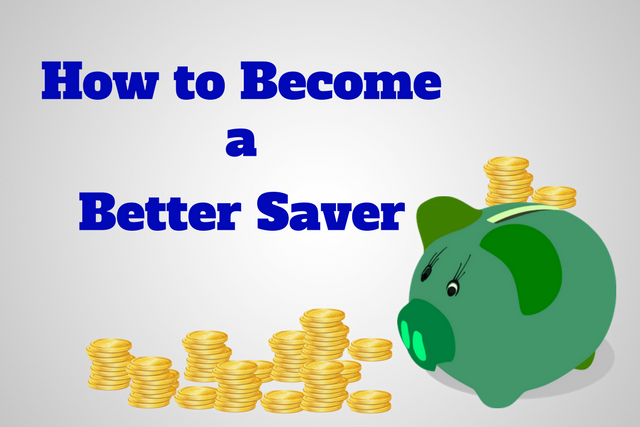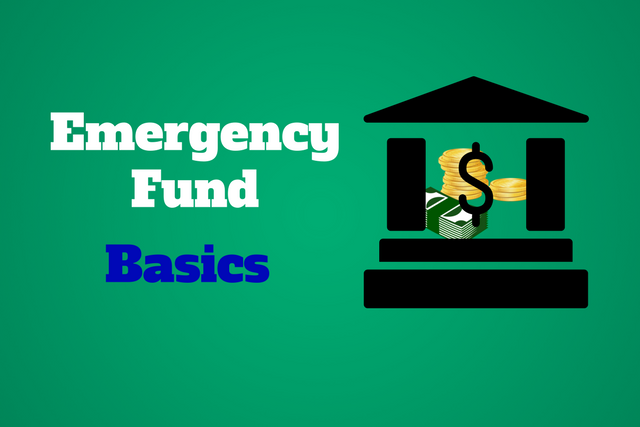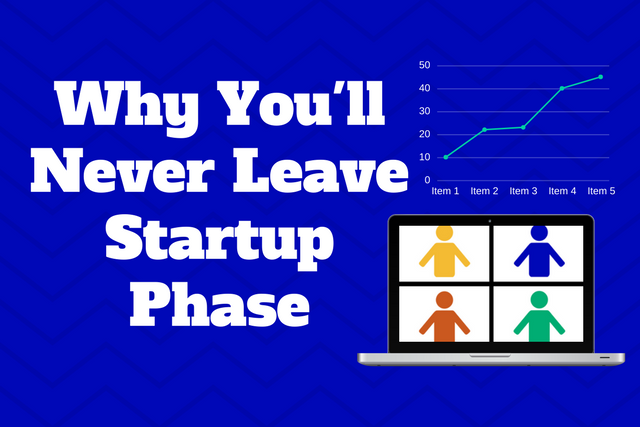7 Tips to Pay Off Your Mountain of Student Loan Debt

You have a mountain of student loan debt and are frustrated. Maybe a bit overwhelmed? Trying to determine how in the world to pay it off. You’re not alone. Student loan debt is rising rapidly. The average student now graduates college with over $30,000 in student loans.
Imagine heading to graduate school. The debt climbs even higher. Twenty-five percent of students with a graduate degree borrowed over $100,000. Yeah, and there are some who have even more, ten percent of graduate students have over $150,000 in student loans.
[This article does contain an affiliate link. However, I would never suggest a site or program that I haven’t vetted and believe will truly help you on your financial journey.]
What kind of affect does this have? Well some are waiting to buy homes, get married, have children and most other large life events that cost a lot of money. While others are saying screw it and doing what they want. However, they do have the belief that they will have their student loans until they die. Which are you?
You don’t have to die with your student loan debt. You do need a targeted plan to pay them off. Before using the tactics below, make sure you have some money set aside in an emergency fund and you’ve paid down your consumer debt such as credit cards. Credit cards have a higher interest rate so they’ll cost you more money. Pay them off before tackling your student loans, which have a lower interest rate.
1) Have income dedicated to the debt.
Your debt payments should be included in your budget, so that some of your income goes to paying off the student loans. However, also get a side hustle where you can dedicate that income strictly to paying off the loans. This can be a second job or an entrepreneurial venture, check out these side hustles. The minimum payment is already large. Having income whose main purpose is paying down the debt will help you be able to keep your main income for household and life expenses.
I know, the great job you were supposed to be able to find with your degree was supposed to allow you to be comfortable and pay your debts. Well, we all fell for that lie. While some do find high paying jobs where this is the case, the majority of us are shaking our heads and mumbling this wasn’t worth it. However, we still need to pay them off … so suck it up and get that second job or start a side hustle.
Take control of your money. Don't let your money control you. Get the management tools.FREE Money Management Toolkit

2) Pay more than the minimum.
Pay more than the minimum on one debt account at a time. The minimum payment is made mostly of the cost incurred due to the interest rate. You have to pay more so you can work on knocking down the principle (the amount you borrowed). Once you’re able to truly start chipping away at the principle then you will really start to see the debt decrease. Use an online debt calculator to determine how long it will take you to pay off the loans with the current monthly payment. Don’t like the amount of time? See number one, determine how you can get more money to put towards paying down student loans.
3) Make two payments.
Instead of simply paying the bill when you receive the statement, pay it ahead of time. Being proactive can save you a lot of money. Before you receive the statement, make a payment. The minimum is fine. Then before the due date, make another payment. This is the extra money you normally add to the minimum. The statement date comes out after they have calculated the amount of interest accrued that month. Pay before they calculate the interest so the amount added will be less. They will be determining the amount of interest due on a lower balance.
4) Use your tax refund.
You likely receive a tax refund after filing taxes. Many use it to fund wants such as a vacation or high end electronics. Instead , use it to pay down your student loan debt. Making a sizeable payment will decrease the principle and save you more money in the long run. Remember, the interest rate will then apply to a smaller balance, so a smaller amount of interest will be added for you to pay.
5) Sign up for automatic payments.
Most lenders offer the option to sign up for automatic payments. When you do this, they’ll decrease your interest rate. The percent decrease depends on the lender. However, I’ve seen 0.3% to 0.5% decreases. Call your lender and see if this is an option in order to decrease your rate. With a lower interest rate, more of your monthly payments go towards paying down the principal.
6) Claim the student loan interest deduction on your taxes.
According to the IRS, if your taxable income is less than $80,000 then you can deduct interest paid on your student loans. The lender will send you a report that shows how much you paid in interest for the tax year. You can use this when filing your taxes or hand the reports to your tax professional. You can deduct up to $2,500. This may increase your refund, that you can then use to pay down the loans even further.
7) Use resources to monitor your loans.
There are a number of free resources that you can use to monitor your loans and credit. Stay on top of how much you have left to pay, your progress, and any resources that may help you to pay the balance down even faster. For example, Credit Sesame allows you to monitor your credit report and credit score for free. Student Loan Hero has some nice calculators on the site.
Photo credit: CollegeDegrees360
This article does contain an affiliate link. However, I would never suggest a site or program that I haven’t vetted and believe will truly help you on your financial journey.

